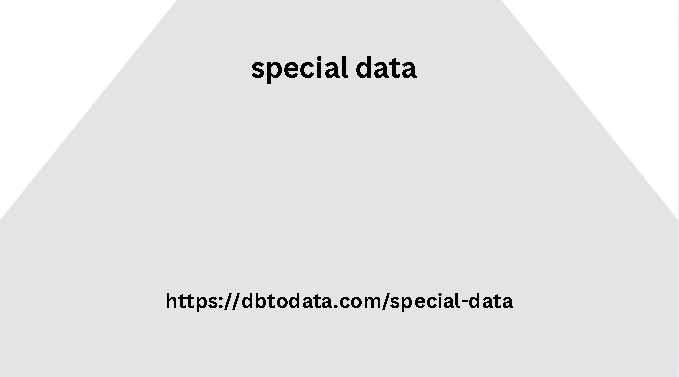I have a great attitude and work well with others. This type of statement can help you visualize yourself the way you want to and set you up for a more positive day. Remind yourself of past successes in managing stress effectively. 4. Clear your mind. We often stress about things that may or may not happen. Try not to assume the worst.
If you do assume the best
Ask questions and clear your mind so you’re not worrying about whether you did something wrong. 5. Finally, consider the 10-year rule. This rule asks you to think, “Will this still matter in 10 years?” (Check out “The Speed of Trust” for more details on this rule.) Too often, we worry and stress out about things that may seem insignificant a day later. Don’t let every moment dictate your behavior and emotions.
For more great advice on managing stress,
check out these other GovLoop resources: This blog post is an excerpt from our latest Industry Perspective with Swish. To download the full report, click here. Swish’s experts have pioneered many of the advances in hybrid cloud across the public overseas chinese in usa data and private sectors, directing extremely complex data sets, applications, and information to the best locations and tying it all together with a powerful orchestration layer.
Once you’re in an effective hybrid cloud
Management isn’t too hard. The hardest part is the transition,” said Joe Bailey, senior solutions architect at Swish. “One thing we recommend and do for every customer is to systematically inventory everything across their environment. We crafting buyer personas for targeted marketing map out in detail what data can move to the cloud and what should stay where it is, and then help design the migration as well as new service-level agreements (SLAs) and processes to support the new tg data environment — all before we move any data.” Just as every federal agency has different needs and requirements, every hybrid cloud deployment will be slightly different.
Our goal is always to move as many
Applications and data sets to the cloud as possible, but only if it makes sense to do so from a performance, financial and security perspective. For example, some agencies are required to retain certain financial or communications records for several years. To meet that obligation, it would be a waste of resources to move static data that must be maintained but may never be accessed to any type of cloud.

